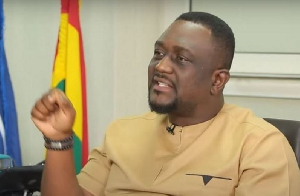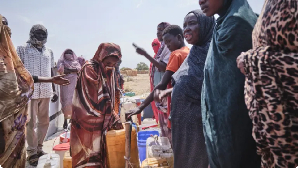President Nana Akufo-Addo has said while the government has made considerable gains in the basic education sub-sector, a lot more remains to be done to improve learning outcomes at that level.
The President made the remark when he launched the Ghana Accountability for Learning Outcomes Project (GALOP) at the Jubilee House in Accra on Thursday, June 18, 2020.
The $218 million project jointly funded by the World Bank, Department for International Development (DfID) and Global Partnerships for Education (GPE).
It is a five-year results-based financing project, with the disbursement of project funds to the Ministry of Education being contingent on the achievement of pre-determined results.
“Our basic level education, covering kindergarten to junior high school, form the building blocks of our education system. If the foundation is weak, we toil in vain.
"It is, therefore, important that our young children receive the best quality education if they are to progress unto higher platforms and ultimately acquire the skills and training that are essential to building our country,” he stated.
The President mentioned improved access, quality of education, infrastructure, teacher training and professionalization, curriculum development, school inspection and technical and vocational training, among others as some of the areas where the government had rolled out reforms since taking office in January 2017.
GALOP’s objective is to “improve the quality of education in low performing basic education schools and strengthen education sector equity and accountability in Ghana.”
The project is targeted at the 10,000 least performing Basic Schools (Kindergarten, Primary and Junior High Schools) across the country as well as all special schools with direct interventions.
These include strategically targeted instruction for teachers in early grades in line with the new curriculum, providing teaching and learning materials to schools, training heads of schools on improved school management and strengthening supervision and assessment systems.
General News of Friday, 19 June 2020
Source: www.ghanaweb.com
Govt will do more to improve basic education - Akufo-Addo
Entertainment

Akuapem Poloo gifted brand new SUV after childbirth
Opinions










